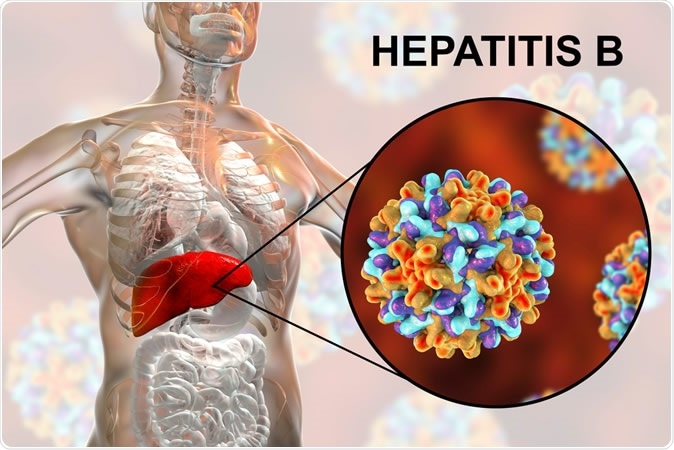‘Bitter kola, lime, honey mixture won’t cure hepatitis B’
Claims shared online encouraged people to consume all kinds of mixtures to treat hepatitis B.

A mixture of bitter kola, lime juice and honey is a “powerful treatment for hepatitis B”, claims a Facebook post shared in Nigeria in November 2020.
It reads: “Grind the bitter kolas into fine powder, then mix with the lime juice and honey. Keep for four days. Take 4 spoons 4 times daily for two months.”
Hepatitis B, a liver infection that affects people of all ages, is caused by the hepatitis B virus, according to the US Centers for Disease Control and Prevention.
People can be infected through contact with the blood, semen or other body fluids of an infected person.
The disease is preventable, with effective and safe vaccines available. Hepatitis B infection can be either acute or chronic, and each requires a different kind of treatment.
The World Health Organisation (WHO) recommends that all infants should be given their first dose of the hepatitis B vaccine within the first 24 hours of birth.
To complete the primary vaccination series, they should receive another two to three doses after that.
Emmanuel Ekanem, a specialist in gastroenterology and hepatology and professor of paediatrics at Nigeria’s University of Calabar, told Africa Check there was no scientific evidence that the mixture treated hepatitis B.
He said treating the various forms of hepatitis B infection required specific care regimens.
“At some stages, you do not need to interfere with drugs, while some will require drugs.
“There are standard drugs for these and clear indications of when to deploy these drugs,” he said.
Claims shared online encouraged people to consume all kinds of mixtures to treat hepatitis B, Ekanem said.
These may cause patients to abandon their prescribed medicine, only to return to the hospital with more severe symptoms.
He said people with hepatitis B should be careful of taking alternative remedies as these could further damage the liver and lead to complications affecting other organs, such as the kidney.
“People who suspect they might have this infection should visit a specialist who can do a test, confirm if they are infected, determine their viral load, and tailor their treatment according to the stage of the infection,” he said.
A collaboration between Daily Trust and Africa Check to fight health misinformation
